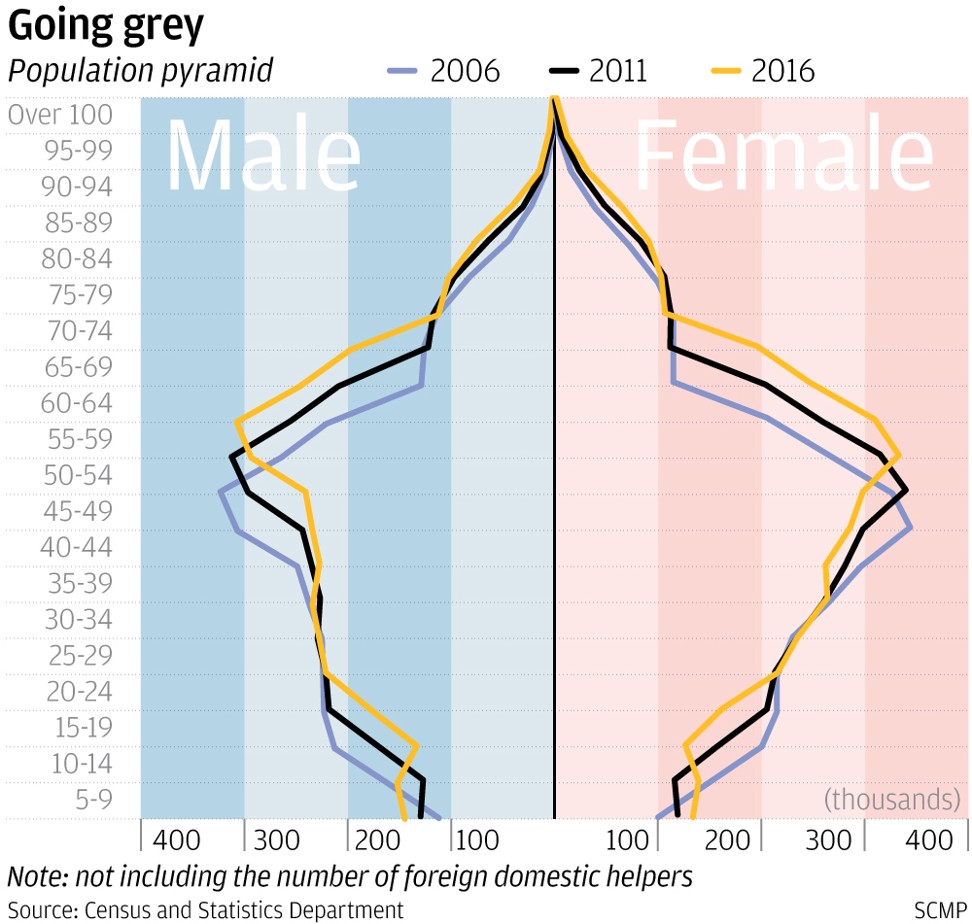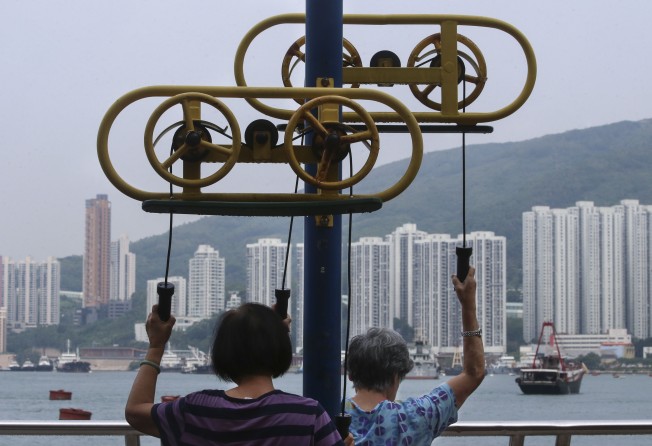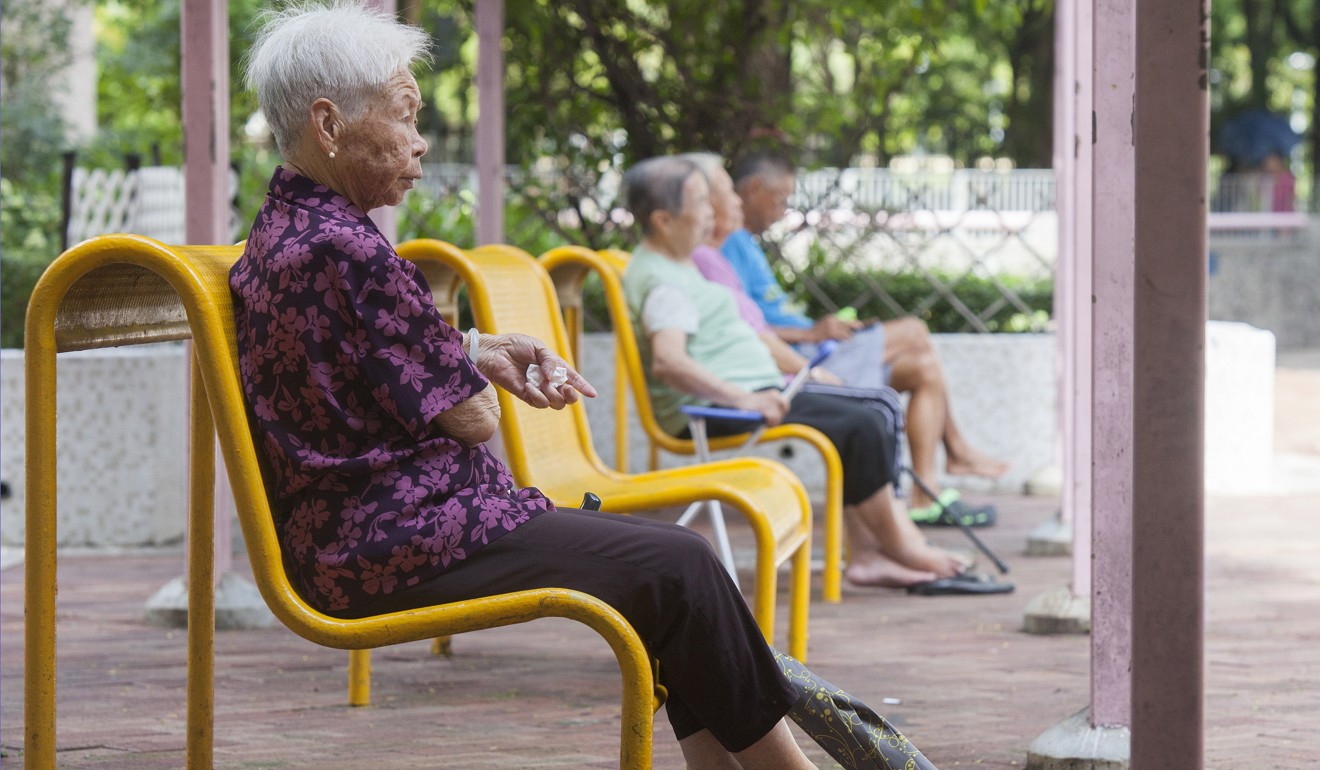
Hong Kong’s public annuity scheme: are the elderly being short-changed?

I refer to “Low returns and gender issue cloud annuity scheme” (July 10) and “No bang for their buck” (July 12). These headlines say it all.
Where have our monetary officials been for the past year? Don’t they realise gender equality has become a defining issue for society worldwide? There is no reason to mimic the insurance standard for individual clients in this community-wide scheme: the return should be averaged and the same for both men and women.
The annuity return is measly. The initial capital, without any investment income, would cover 15 years of payments. So, starting at age 65, that takes us to 80 years old.
The average age of death in Hong Kong is 84, so that means the investment income accrued by the annuity supplier only has to cover four years. A 2 per cent return on the elderly pensioner’s capital lump sum will almost cover the annuity commitment, and 3 per cent return would be ample.
We understand that our bureaucrats at the Hong Kong Mortgage Corporation are no investment geniuses in the mould of Warren Buffett, but even they should be able to obtain a return of at least 4 per cent on capital. This raises the serious question: is our government trying to short-change our old people?
We are entering a period of rising interest rates worldwide, so I think our elderly citizens would be wise to maintain their money in a bank savings account where they can control their life savings and have flexibility, rather than give it away in perpetuity for a pittance, to this government annuity plan. Our highly paid civil servants are due some serious soul-searching.
I.M. Wright, Happy Valley
Annuity scheme betrays miserly attitude towards the elderly

The Hong Kong Mortgage Corporation has just launched a HK$10 billion annuity scheme for pensioners, with the cap to be doubled to HK$20 billion if there is strong demand and oversubscription. Under the scheme, residents aged 65 or above can register to invest up to HK$1 million each in return for a monthly income.
If a 65-year-old male resident invests HK$1 million, he will receive HK$5,800 per month for the rest of his life. If he lives up to 95, he will receive a total of about HK$2.09 million, or an annual rate of return of about 3.6 per cent. This is too little for the elderly.
In comparison, the iBond or the silver bond, is linked to the inflation rate of Hong Kong, and the average inflation rates in 2013 and 2014 were 4.3 per cent and 4.4 per cent respectively. This means these bonds had a higher return at the time than the new annuity scheme.
As it is the government’s responsibility to take care of the elderly, the government and the Hong Kong Mortgage Corporation should not be too mean when helping them, especially given the enormous budget surplus.
Being more generous on returns would attract more elderly citizens to the annuity scheme. This would help the elderly save money for the future, eventually helping the government to alleviate its financial burden in taking care of the ageing population.
The elderly have contributed a lot to Hong Kong and without them we would not be enjoying this prosperous society. It is legitimate to allocate more resources to improving their quality of life.
As a tribute to them, I think it is acceptable to raise the annual rate of return to 5 per cent or even 6 per cent, even though the government may have to subsidise the scheme.
The scheme mostly targets the middle-class elderly, which is the most ignored segment of every budget handout. It would be reasonable to use this indirect means of easing any hard feelings. The government should be more generous towards our elderly.
Patrick Mak, To Kwa Wan